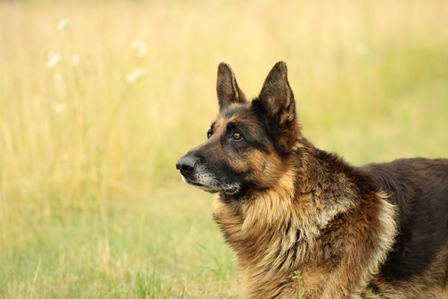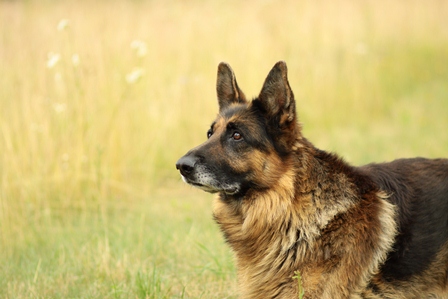Compulsory microchipping for dogs to be introduced in England

 It has been confirmed that microchipping will become a compulsory measure for all dogs in England.
It has been confirmed that microchipping will become a compulsory measure for all dogs in England.

Become a member for unlimited access
Remove all content restrictions with a membership account. First-year special offer pricing. Cancel any time.
You have read 2/2 free articles this month.

How many members should have access to the subscription?
Monthly
Yearly
Save £9.89
No, thanks
I already have an account

 It has been confirmed that microchipping will become a compulsory measure for all dogs in England.
It has been confirmed that microchipping will become a compulsory measure for all dogs in England.
